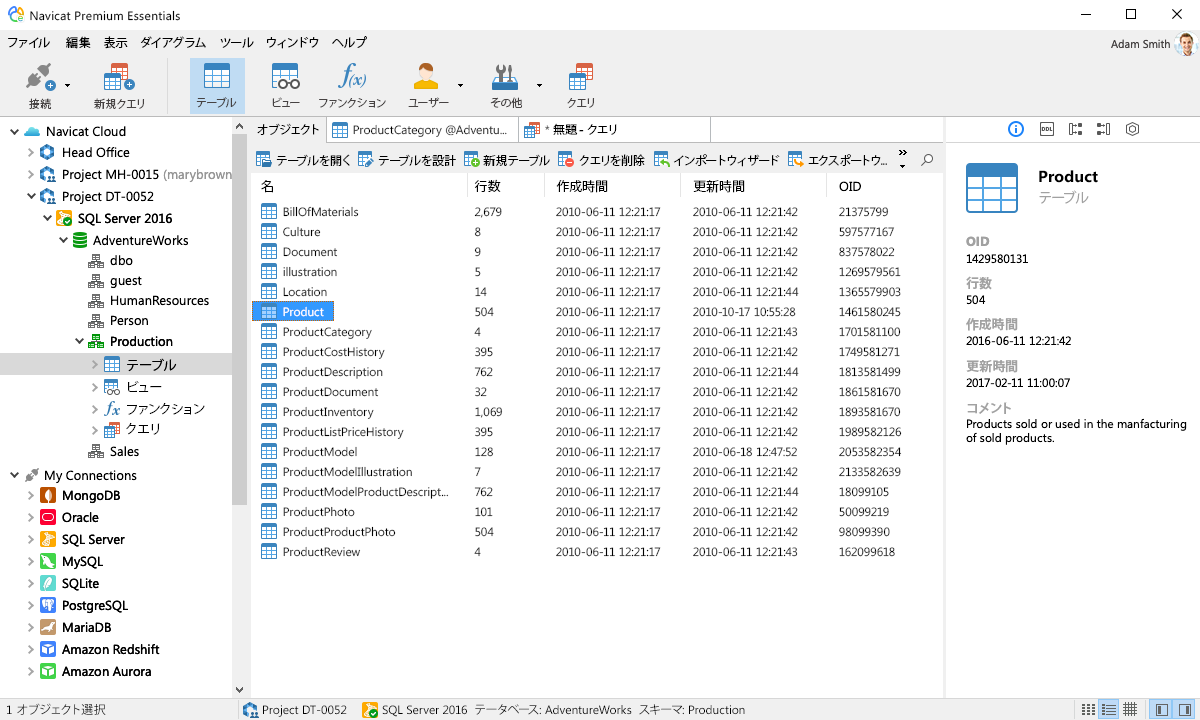
Also some folks would have concerns with storing data on Google servers. Second, it's owned and run by Google now, so you have a large corporation backing it, but that also means they could decide to discontinue it without any real effect on the Google bottom line. If you needed to switch to a different service, not only would it be a different API, but it would be a different architecture and much of your coding would need to be discarded. There are some negatives that you should be aware of though: any investment of time and coding with Firebase is pretty much non-portable, in that you are stuck with Firebase going forward. However it does take care of many of the concerns with running a server, such as performance, scalability and management. But architecturally, they are in the same category as MySQL, a separate db server that your application server would get its data from.įirebase is different yet again, in that it is a service that is already hosted by a company, providing many integrated features such as authentication and storage of user account info. There are many alternatives in the same category as MySQL, and a choice of relational databases or document (NoSQL) databases. MySQL would require a separate MySQL db server, which means either two servers (one for MySQL, and one to provide your specific services to your client app) or both running on a single server machine. It is different from Firebase and MySQL (and most other databases) in that it is embedded in the product, although it could be embedded in your server itself.

It sounds like a server-client relationship (central database) and while SQLite is probably the simplest, note that its performance is probably the worst of the top 20 or so choices you have. PostgreSQL is also pretty universally supported in terms of language libraries and frameworks, without having to make compromises on how we want to store and layout our data. PostgreSQL is kind of a happy middle ground here, with the ability to start PostgreSQL servers via docker or docker-compose making the actual day-to-day management pretty easy, while still giving you experience of the kinds of considerations I have listed above.Īt Vital Beats we make use of PostgreSQL, largely because it offers us a happy balance between good management and backup of data, and good standard command line tools, which is essential for us where we are deploying our solutions within Kubernetes / docker, and so more graphical tools are not always appropriate for us. MySQL has a few "quirks" to how it manages things like multiple databases, which may lead you to making less good decisions if you tried to take your experience over to different DBMS, especially in bigger enterprise roles. SQLite's simplicity actually avoids most of these experiences, which is not helpful to you if that is what you hope to learn. If your aim is actually to have a bit of "operational" experience, in terms of things like what command line tools might be available as standard for the DBMS, understanding how the DBMS handles multiple databases, when to use multiple schemas vs multiple databases, some basic privilege management etc. As others have said, SQLite would offer you the ability to very easily get started, and would give you a reasonably standard (if a little basic) SQL dialect to work with.

If your aim is to have experience with SQL and any related libraries and frameworks for your language of choice (python, I think?), then it kind of doesn't matter too much which you pick so much.

A question you might want to think about is "What kind of experience do I want to gain, by using a DBMS?".


 0 kommentar(er)
0 kommentar(er)
